US lawmakers introduce bill to block Saudi Arabia’s pursuit of nukes
A group of American lawmakers has put forward a draft legislation that seeks to prevent Saudi Arabia from acquiring nuclear weapons amid reports about suspected attempts by the kingdom to process uranium and move toward the development of atomic bombs.
The Stopping Activities Underpinning Development in Weapons of Mass Destruction (SAUDI WMD) Act was introduced earlier this week by Senators Ed Markey and Jeff Merkley as well as Congressmen Ted Lieu and Joaquin Castro.
If approved, the measure would ask the US president to impose sanctions on foreign nationals or countries thought to have sold sensitive missile technologies to the Riyadh regime.
It would also “terminate most US arms sales to Saudi Arabia if it has received assistance in the construction of a nuclear fuel cycle facility not safeguarded by the International Atomic Energy Agency (IAEA) or if the kingdom has received help in the most sensitive proliferation activities on its territory through the construction of an enrichment or reprocessing facility.”
In August 2020, the Wall Street Journal reported that Saudi Arabia, with Chinese help, had built a facility for extraction of yellowcake from uranium ore near the remote town of al-Ula.
The New York Times also said American intelligence agencies had spotted what appeared to be an undeclared nuclear site not too far from the town of al-Uyaynah.
The following month, the Guardian cited a confidential report by Chinese geologists as saying that Saudi Arabia likely has enough mineable uranium ore reserves to pave the way for the domestic production of nuclear fuel.
Senator Markey from Massachusetts explained that the SAUDI WMD Act “requires greater transparency into Saudi Arabia’s efforts to build out a ballistic missile and civilian nuclear program, and ends the sale of US offensive weapons to Saudi Arabia if it does not take steps to show the world that its nuclear program will remain exclusively peaceful.”
“Nuclear weapons in the hands of terrorists and rogue regimes is one of the gravest threats to the security of the American people and to our partners around the world. Agreements limiting the spread of those technologies are critically important to our safety,” said Senator Merkley from Oregon.
“We must be prepared to enforce these agreements and act in response to any actions that spread this dangerous technology, including by imposing sanctions and terminating arms sales. If Saudi Arabia is working to undermine the global nonproliferation and arms control regime, with the help of China or anybody else, the US must respond.”
Representative Castro, a senior member of the House Foreign Affairs and Intelligence Committees, expressed concerns “that Saudi Arabia’s nuclear program has all the hallmarks of a nation aiming to build a nuclear weapon,” adding that the legislation requires “the administration, if necessary, to use our leverage to prevent Saudi Arabia from developing a nuclear weapon.”
Saudi Arabia has not signed up to the same restrictions to nuclear proliferation that other countries have, and it has only a limited safeguards agreement with the IAEA.
In 2018, Saudi Crown Prince Mohammed bin Salman said that his country would be quick to develop nuclear bombs if Iran did so even as the peaceful nature of Tehran's nuclear program has repeatedly been confirmed by the IAEA.
Moreover, the Islamic Republic has repeatedly enunciated its nuclear program as exclusively civilian, subject to the most intensive UN supervisions ever.
Iran signed the Joint Comprehensive Plan of Action (JCPOA) in 2015 with major world powers, which led to the forging of close cooperation between Tehran and the IAEA.
Iran’s layered arsenal primed to deter – and decimate – US warships in Persian Gulf
Iranian commander dismisses US military buildup in West Asia as ‘theatrical gesture’
Trump ‘curious’ why Iran hasn’t ‘capitulated’ despite massive US military buildup: Witkoff
Hawkish US senator pushes Trump to ignore aides, press ahead with war against Iran
Far-right, anti-Islam protest sparks counter-protests in Manchester
Press TV's news headlines
Sudan’s mining sector suffers $7 billion loss amid ongoing civil war
Ansarullah slams Israel’s massacre in east Lebanon, urges unified Arab action


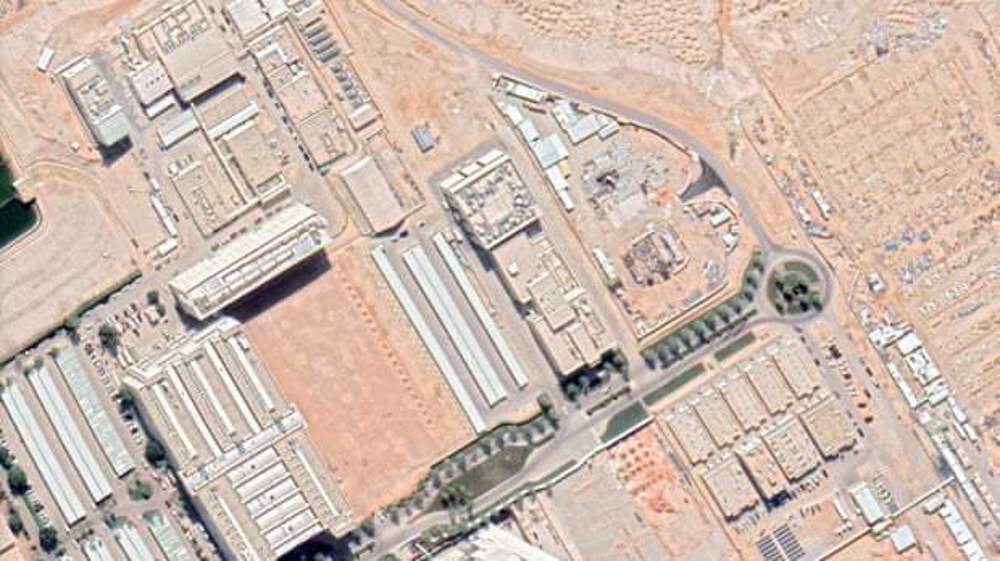
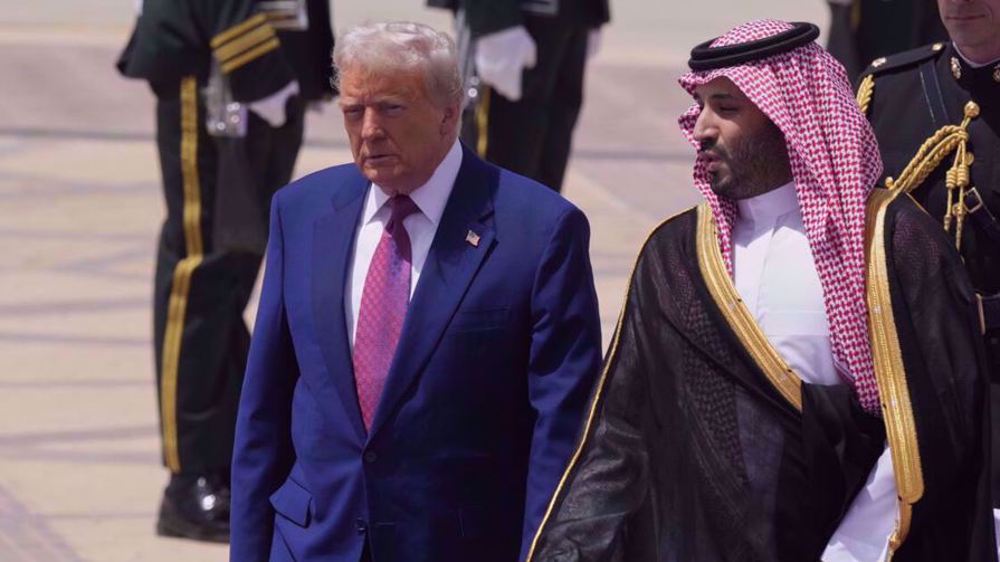
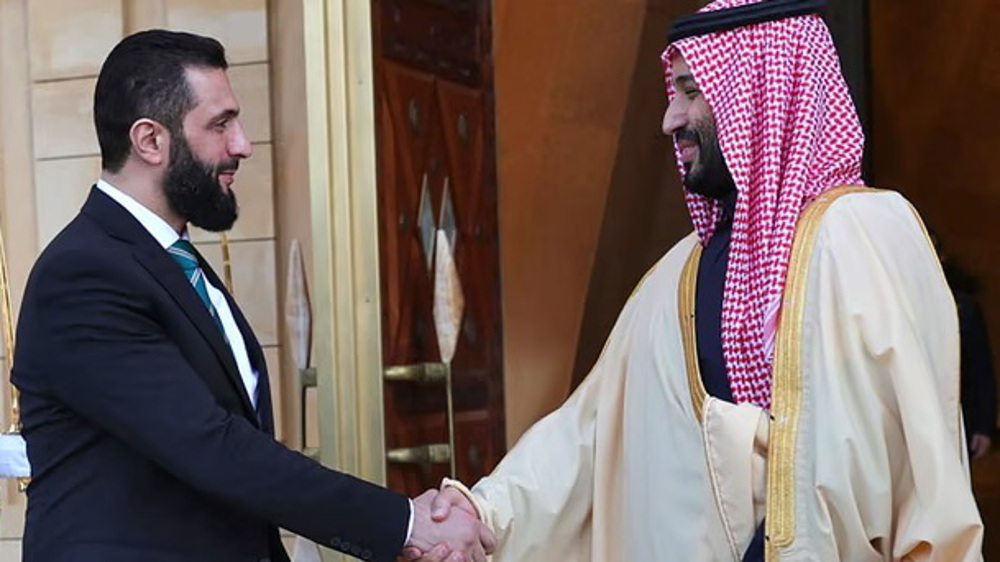
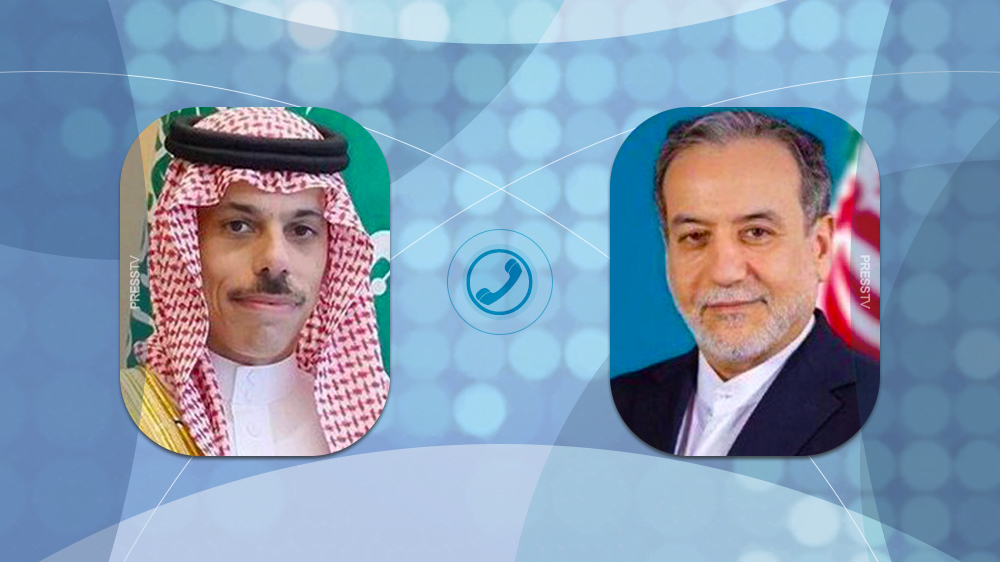



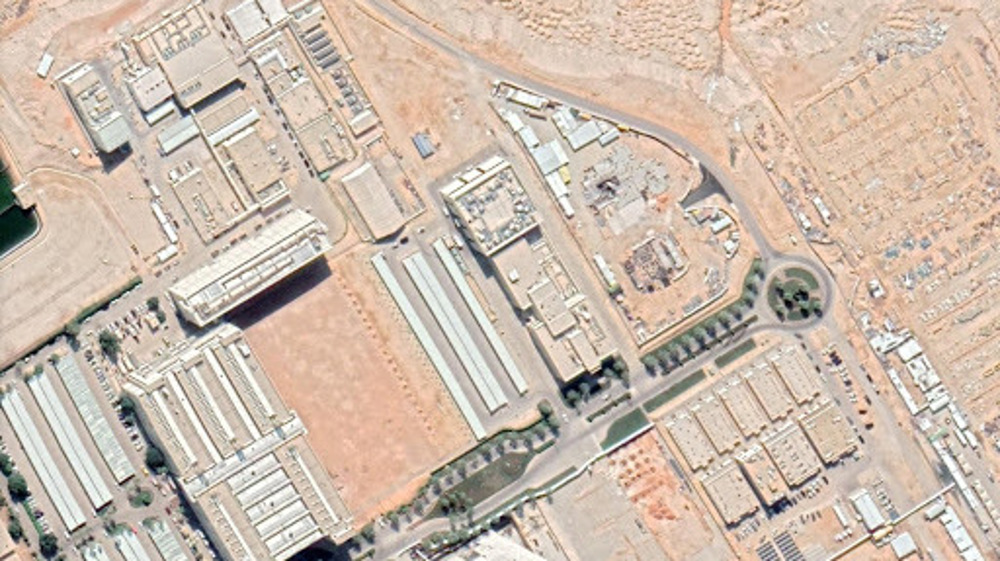
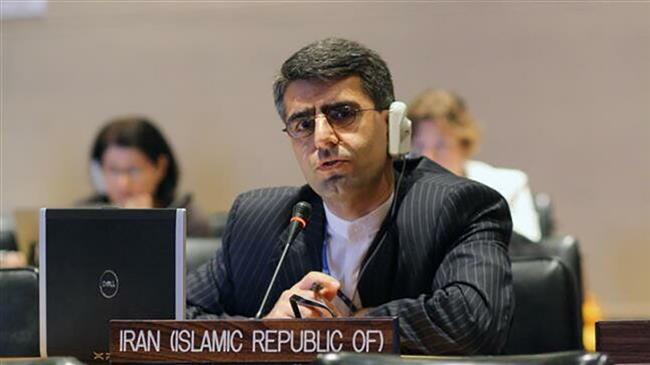
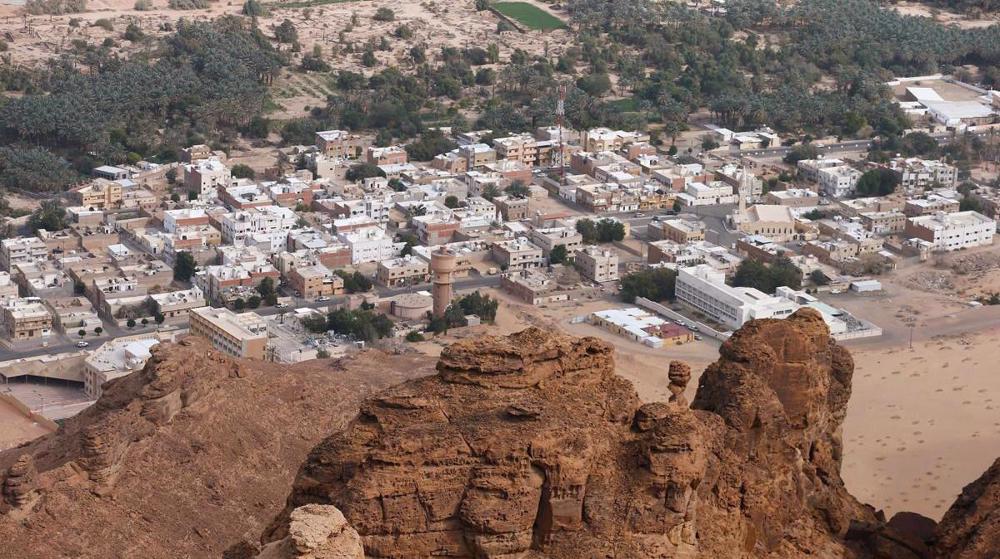
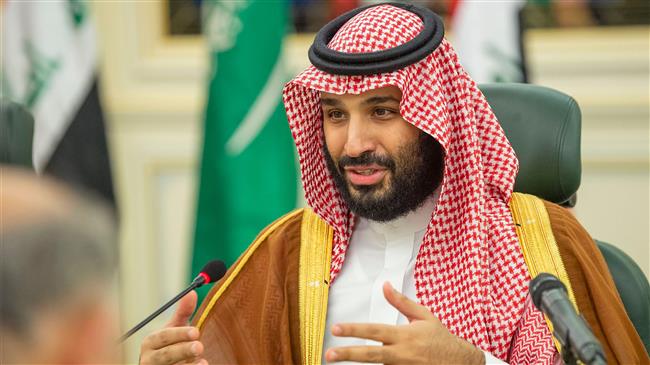
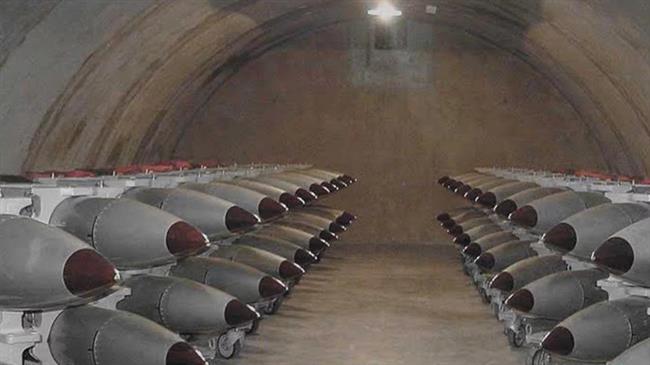


 This makes it easy to access the Press TV website
This makes it easy to access the Press TV website